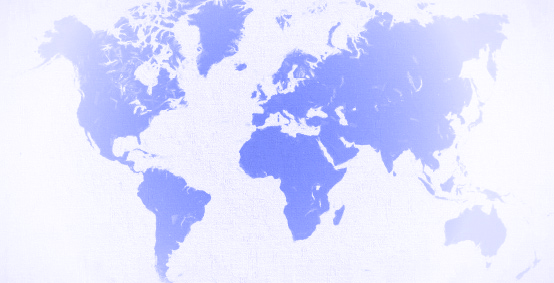
News OEM
How our Bio-Layer Interferometry approach helps us to de-risk immunoassay development
March 28, 2023

A greater knowledge about the biomaterial reduces the risk in the immunoassay development
When developing a new immunoassay, having a deep knowledge of the biomaterial can help optimize R&D resources and reduce risks in later stages of the project, where significant commitments are made and the cost of responding to unexpected events increases exponentially.
At Werfen, we rely on our experience in new biomaterial and immunoassay development to help you de-risk your immunoassay development project.
Our Approach
Developing new monoclonal antibodies (mAbs) for a specific target involves different project stages. At the end of the first stage, we conduct an initial screening to select the best mAb candidates among all the newly generated mAbs. While the screening is typically done using ELISA or Western Blot techniques, these selected candidates may not always work in a chemiluminescence immunoassay (CLIA).
That's where our Bio-Layer Interferometry (BLI) approach comes in. BLI is a label-free technology that allows for real-time monitoring of molecular interactions. By immobilizing the target antigen onto the surface of a BLI biosensor and screening mAbs for their ability to bind to the antigen, we can measure the interference pattern of light waves reflected from the surface of the biosensor and the antibody-antigen complex in real-time. This allows us to screen for the best mAb candidates that may not have been identified through other screening techniques.
Outcomes
Through our BLI approach, we have been able to develop different protocols to determine the critical characteristics that allow us to select what would be the best mAb candidates for use in a CLIA assay. These characteristics may not have been determined through widely used techniques like ELISA or Western Blot, making our approach a valuable tool in de-risking your immunoassay development project.
With our Bio-Layer Interferometry approach, we can help you optimize your R&D resources and reduce risks in later stages of your immunoassay development project. Contact us to learn more about how we can assist with your project.
NEWS
Latest News
October 24, 2024
September 27, 2024
August 6, 2024
Please contact us directly via telephone or with the following form.
Tel. +34 93 860 90 00

